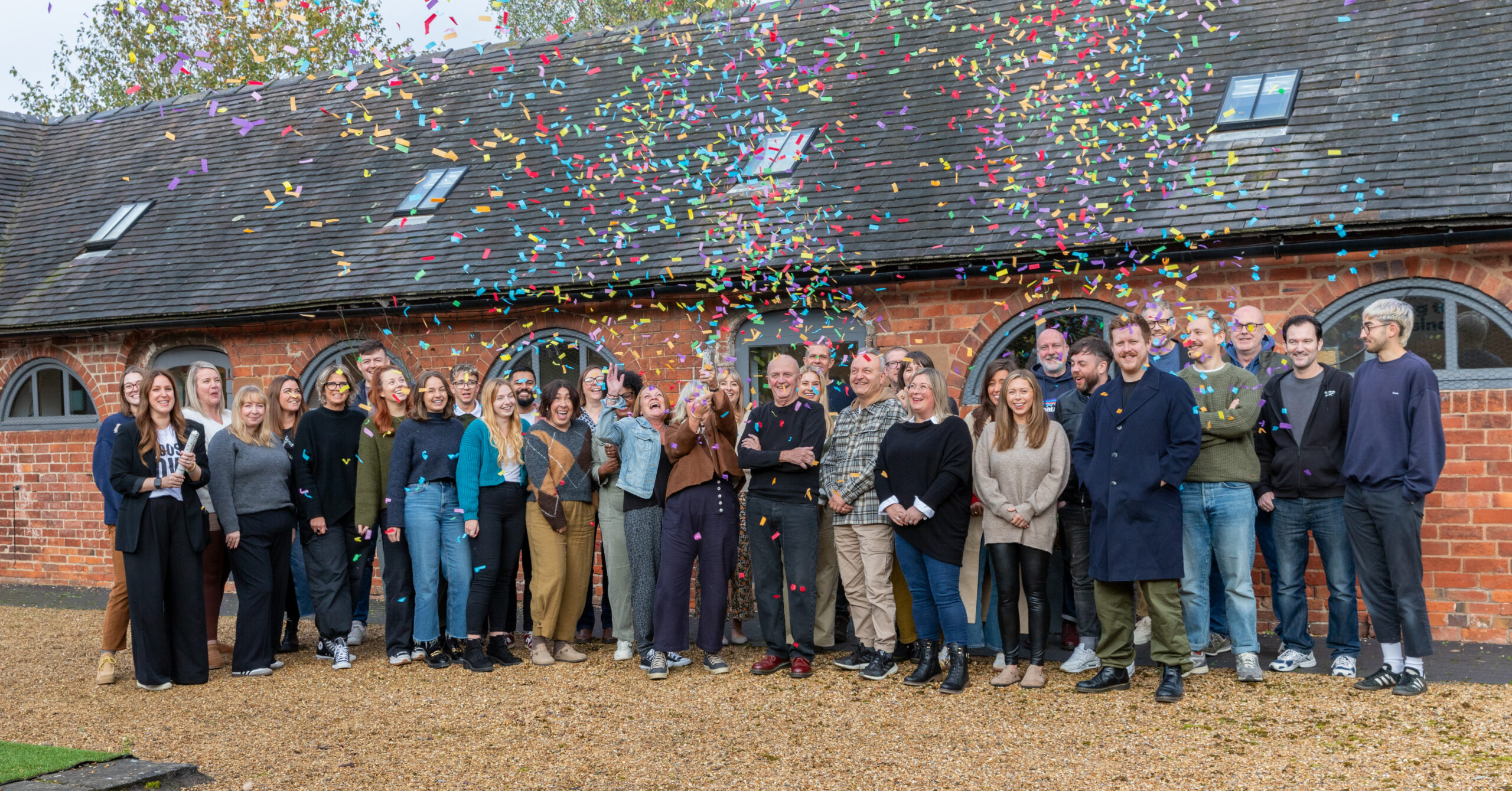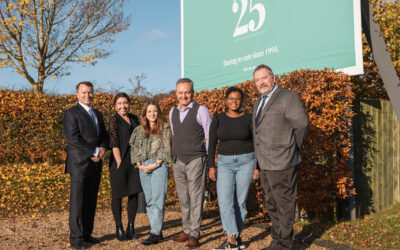There’s so much that modern technology is able to recreate of our places of work. Communication apps such as Outlook, Teams, Slack, Zoom and Discord facilitate most of the conversations we have. Processing software facilitates the delivery of our work, and organise it digitally, eliminating the need for our eyes to actually scan a physical piece of paper.
Yet, despite these recreations, there’s something immutable about being physically present in an office. It’s a wholly different experience, and one that can seem hard to define. Which is why in the items below, we’ve tried to isolate some of the elements that make working in an office such a different experience to working from home.
Interpersonal Skills
At some point or another, there will come that tie-fastening, throat-clearing, sweaty-brow moment of being called upon to make some kind of important presentation or pitch in the physical world. No matter how encompassing the remote model may seem, at some point, its virtual limits will materialise, and this day will come.
So, best to be prepared for it. And fortunately, every day in an office helps to prepare you for this kind of thing. Whether it’s taking charge of an internal meeting, running a small focus group, or even just leading a discussion about a popular TV show, the confidence that your colleagues give you – through their warmth, their gestures, their body language – is a massive part of what ultimately enables you to succeed in public-facing situations.

It’s easy to message a friend something arbitrary. ‘How’ve you been?’ ‘What’s new?’ but sending the same message to a colleague, during work hours, feels dishonest. Disobedient, even. The communication software we use can feel too official for idle chit chat, and so, often with our colleagues, we don’t explore our relationships with the same depth online as we do in person.
Instead, at an office, there are countless moments for anecdotes, quips and conversations that serve to enrich our understanding of one another, and ultimately enable us to form more meaningful relationships. Exclusively working remotely means never knowing how someone takes their tea, what kind of face they pull when they’re concentrating, or what shoes they like to wear on their feet.
Learning
So much of learning is about imitation – it’s almost impossible to list and categorise the number of skills and behaviours we pick up from our contemporaries. How we behave in environments – whether that be university, school, a hospital or someone else’s home – is gradually taught to us not through textbooks and codes of practice, but through imitating the behaviours of those around us. How to conduct yourself with a client, how to broach a difficult topic, how to respond to feedback, when to offer assistance – all of these things come through observing the behaviour of others.
Every workplace’s culture has its subtleties and nuances, but there is a certain degree of overlap between the behaviours expected at each of them. So, for individuals with their careers already underway, adopting new office conduct will come quite easily. But for those that may have never step foot in an office before, such as graduates and younger people, those initial office experiences are essential.
To hear more from us about working from home – and why a blended model is the only model that’s right for RBH – watch our founding partner Debra Hepburn and people partner Natalie Griffiths talk it over as part of our ‘Inside Voices’ podcast series: https://bit.ly/44KkiEd





